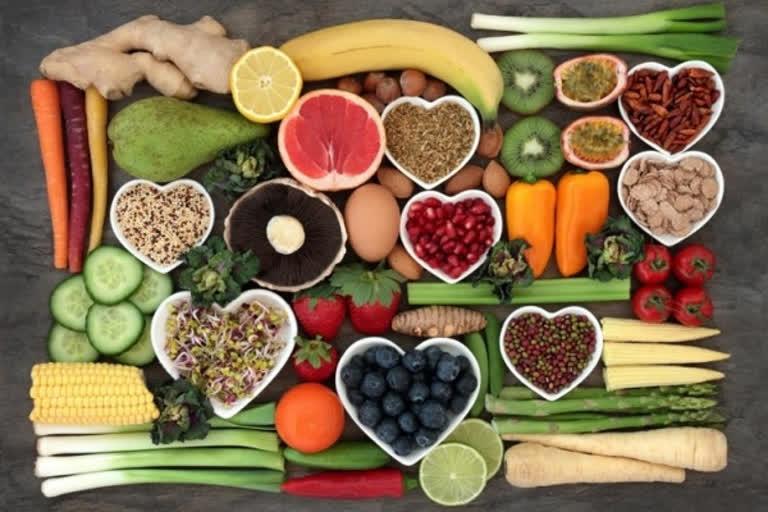Hyderabad:In order to shape today’s children into efficient human resources of tomorrow, a balanced diet is of utmost importance. But India has been consistently ranking low on global nutrition indices.
The Center launched POSHAN Abhiyan (National Nutrition Mission) in March 2018 to ensure holistic and adequate nutrition for children and women. Since the program’s inception, September is being celebrated as the National Nutrition Month. In his Mann Ki Baat broadcast, Prime Minister Modi said that the government will follow the norm this year too.
Meanwhile, the Indian Council for Medical Research (ICMR) released dietary guidelines with an emphasis on millets, legumes, dairy, vegetables and fruits. The Council gave a detailed list of dietary allowances for pregnant women, nursing mothers and children. Unfortunately, the majority of Indians have limited access to nutritious food.
In the past, the National Nutrition Survey collected 1,12,000 blood and urine samples from across the country to estimate vitamin, iodine, zinc, folate and iron deficiencies in children. Reports have revealed the prevalence of stunting, wasting and underweight. As the pandemic has added to the existing unemployment and starvation woes, it is imperative for the government to make sure the underprivileged get a healthy diet.
The Global Nutrition Report 2017 revealed that 51 percent of Indian women are suffering from anaemia. A UN report identified that 19 crore Indians have severe nutritional deficiencies. About 70 percent of the country’s population lack muscle mass, thanks to our deficient diets.
Also read:Telangana to build temple, mosque, church in new Secretariat complex
NITI Aayog released a National Nutrition Strategy to bring nutrition into the national development agenda. Anaemia and malnutrition have been consistent perils even since the formation of Independent India. Polluted water bodies make lakhs of children and adults vulnerable to diarrhoea and tapeworm infestations. Lack of access to healthy food leaves women between 14 to 49 years of age anaemic.
Though Aayog’s strategy identified the root causes of malnutrition, it did very little to improve the actual situation. After COVID-19 destroyed livelihoods of the already helpless households, hunger stands a bigger threat to crores of Indians.
In view of the unprecedented situation, the Center included migrant workers in the National Food Security Act, ensuring a monthly ration of 5 kg of food grains. Similarly, the central and state governments must procure the yield from farmers and support them by paying remunerative prices; enabling a seamless supply chain. In addition, Anganwadi centres must be strengthened to make holistic nutrition a reality.
